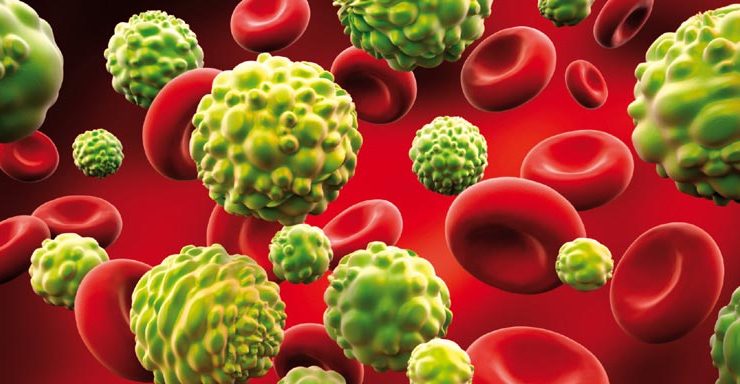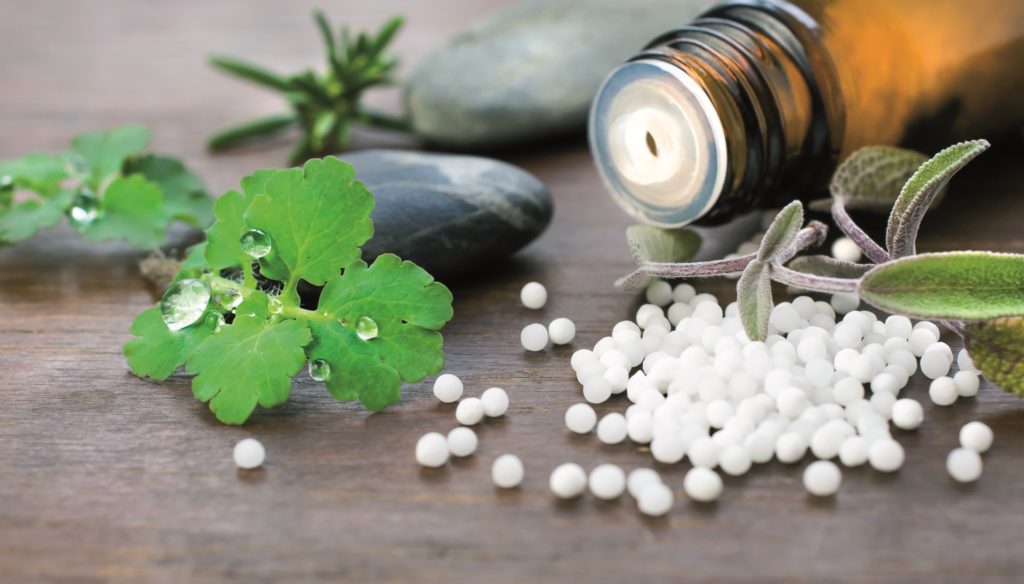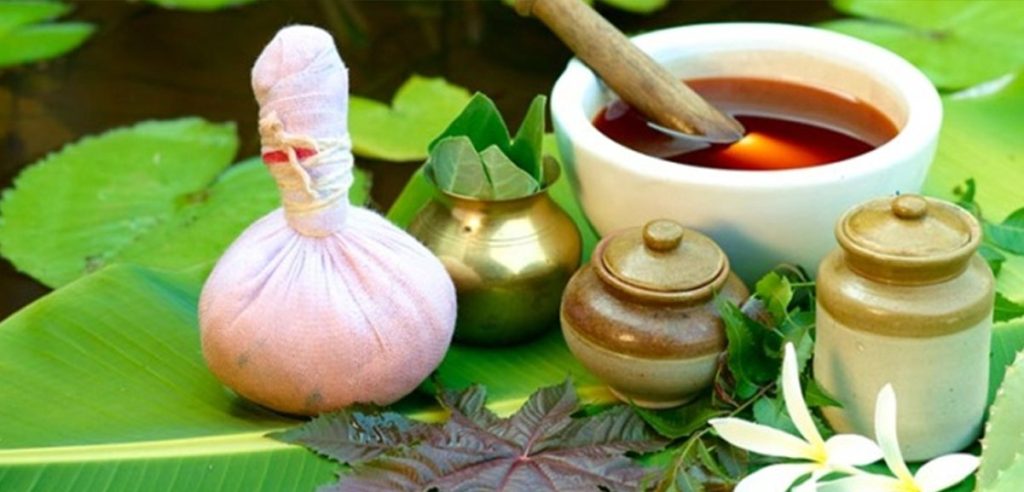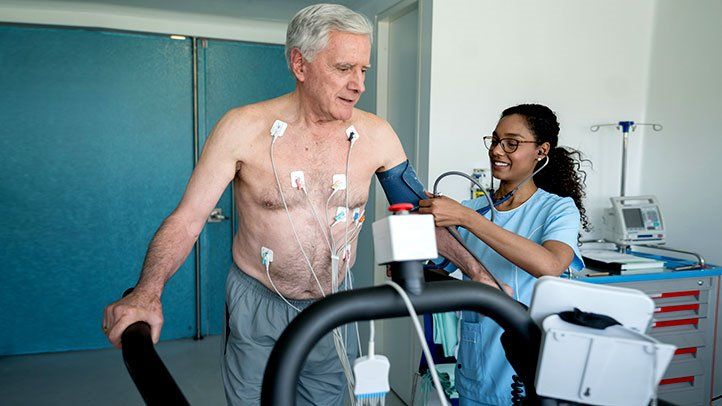
The use of alternative and complementary medicine is no longer restricted to a few unusual individuals receiving therapies from unschooled, underground practitioners. Alternative therapies now affect every facet of the health care system, including managed care, and all specialties of medicine, including oncology.
If cancer makes you feel as if you have little control over your health, alternative cancer treatments may offer some feeling of control. These alternative treatments may help you cope with signs and symptoms caused by cancer and cancer treatments. Common signs and symptoms such as anxiety, fatigue, nausea and vomiting, pain, difficulty sleeping, and stress may be lessened by alternative treatments.
Listed below are a few alternative treatments that have shown some promise in helping cancer patients:
Aromatherapy

Aromatherapy is the use of essential oils from plants (flowers, herbs, or trees) as a therapy to improve physical, mental, and spiritual well-being.
People with cancer use aromatherapy because it makes them feel good. Many say that it can help lift their mood and improve their wellbeing. It helps them feel like they are helping themselves.
There is some evidence that aromatherapy massage can help with the effects of treatment.
These include:
anxiety
pain
depression
stress
tiredness
Aromatherapy can be performed by a practitioner, or you can use aromatherapy on your own, but it is highly advised that you should consult a qualified aromatherapist before using any oils at home. People with cancer that is estrogen-sensitive, such as some breast cancers, should avoid applying large amounts of lavender oil and tea tree oil to the skin.
Homeopathy

Homeopathy is more than 200 years old. It is one of the most common complementary therapies used by people with cancer. Homeopathy is based on the theory of ‘like cures like’ and the ‘law of the smallest dose’. To treat an illness, a homeopathic therapist (homeopath) uses tiny doses of a substance. In large doses, the substance would cause the symptoms of the illness.
Followers believe that homeopathic medicines work by starting the body’s self-healing process. This happens through a reaction. Healing occurs because the body tries to keep a stable internal environment.
Homeopathic medicines are used by many patients with cancer, usually alongside conventional treatment. Cancer treatments can cause adverse effects, and one of the reasons patients use homeopathic medicines is to help with these symptoms.
Followers of homeopathy promote it to people with cancer as a natural way to help you:
relax
cope with stress, anxiety, and depression
control symptoms and side effects such as pain, sickness, and tiredness
Using homeopathic medicine is generally safe. Check with your doctor before you start using homeopathic medicine. They have the full picture about your care and treatment.
Acupuncture

Acupuncture involves putting fine needles into the body at particular points. The needles stay in place for a short time. The practitioner then removes it.
Acupuncture first started in traditional East Asian medicine. It became an important part of Chinese medicine about 2000 years ago.
Recent medical research in the United States has shown that acupuncture appears to be a safe and effective supplemental treatment for people who experience certain symptoms of cancer. It can also help manage some side effects of treatment, including chemotherapy, surgery, radiation therapy, and hormone therapy.
Acupuncture also appears to help with:
Nausea and vomiting related to chemotherapy
Xerostomia related to radiation therapy
Hot flashes related to hormone treatment
Joint pain related to aromatase inhibitor therapy
Physical pain
Although acupuncture is generally safe for patients of all ages when provided by well-trained practitioners, there are key areas of caution for some patients. If you are considering acupuncture, tell the practitioner everything about your medical history before starting treatment.
Ayurvedic Treatments

Ayurveda is a personalized, patient-centered medical approach based on the concept of the union of the body, senses, mind, and spirit. The purpose of this approach is to promote health and prevent disease, but also to diagnose and treat conditions. Ayurveda promotes nutrition and a healthy diet and uses complex plant-based formulations for pharmacologic prevention and treatments.
Ayurveda recommends a number of herbs for preventing cancer and there is a growing body of scientific studies that backs this ancient knowledge. Some common herbs which are proven to have anti-cancer properties are Amla, Garlic, Turmeric, Ashwagandha (Indian Ginseng), Holy Basil, and Ginger.
Exercise

Exercise may help you manage signs and symptoms during and after cancer treatment. Gentle exercise may help relieve fatigue and stress and help you sleep better. Many studies now show that an exercise program may help people with cancer live longer and improve their overall quality of life.
If you haven’t already been exercising regularly, check with your doctor before you begin an exercise program. Start slowly, adding more exercise as you go. Aim to work your way up to at least 30 minutes of exercise most days of the week.
You may find some alternative treatments work well together. Take professional medical advice before taking any alternative treatment for the disease.
When you’re eating a healthful diet, getting enough exercise, managing stress, and getting enough sleep, you’ll know you’re doing everything you can to fight the disease.
About The Author
Pavtan Food Products have been made after years of scientific research based on Ayurveda and Medical Science.
Our ‘Cancer Care Aata’ has proved to be an ayurvedic gift to cancer patients, thousands of them have benefitted from it. The major ingredients include Raj Gira, Singhada, Saava, Kattu and Moong which help in curing cancer and preventing the cancer cells to grow further.
To know more, click here https://www.pavtan.com/pavtan-cancer-care-aata
